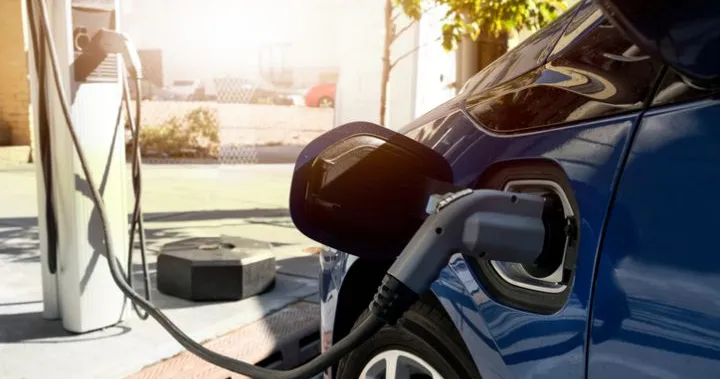Ravi Saxena, a resident of Noida, commutes daily to Gurugram, covering a distance of approximately 60 km and passing through Delhi on his way. He relies on his Maruti Alto K10, a petrol car that has been in use for about 14 years. However, Delhi has strict regulations prohibiting diesel vehicles older than 10 years and petrol vehicles older than 15 years. Faced with the prospect of scrapping his car or relocating it outside Delhi, Ravi chose a forward-thinking alternative—transforming his vehicle into an electric car.
Can Petrol and Diesel Cars Be Converted to Electric?
The answer is yes. Across India, several companies specialize in retrofitting internal combustion engine (ICE) vehicles with certified electric conversion kits. This process can breathe new life into aging vehicles, helping them comply with environmental regulations while saving money in the long run. Let’s explore the costs, savings, and key details involved in this process.
Government Approval for Conversions
In November 2021, the Delhi government granted permission to convert diesel vehicles older than 10 years and petrol vehicles older than 15 years into electric vehicles (EVs). Since then, the demand for vehicle conversion has grown, although the infrastructure to support this transformation is still developing. The Delhi Transport Department has listed 11 authorized companies specializing in electric retrofitment, including kit manufacturers, distributors, and installation centers. This information is available through an online portal, enabling customers to select a service provider of their choice.
Leading Companies in Electric Car Conversion
Most prominent conversion companies, such as Etrio and NorthwayMS, operate out of Hyderabad. These companies retrofit popular models like the WagonR, Alto, Dzire, and i10. The kits used for these conversions are generally similar, although the battery capacity and motor power may vary depending on the desired range and performance.
How Much Does Electric Conversion Cost?
The cost of conversion largely depends on the specifications of the battery and motor:
- A 20 kW electric motor with a 12 kW lithium-ion battery costs approximately ₹4 lakh.
- Upgrading to a 22 kW battery increases the cost to around ₹5 lakh.
These prices can fluctuate based on the chosen company and specific vehicle requirements.
Performance and Range After Conversion
The range of the electric vehicle (EV) depends on the battery and motor specifications:
- A 12 kW battery offers a range of about 70 km on a full charge.
- A 22 kW battery extends the range to approximately 150 km.
The motor’s power also affects range, with more powerful motors consuming energy more quickly.
Warranty and RTO Approval
Conversion companies typically provide a 5-year warranty on both the electric kit and the battery. Additionally, the converted vehicle receives certification from the Regional Transport Office (RTO), ensuring compliance with legal and safety standards.
Conversion Process and Timeline
The conversion involves replacing several mechanical components, including the engine, fuel tank, and power cables, with electric parts like the motor, controller, battery, and charger. The process takes approximately seven days, during which these components are installed under the bonnet and along the vehicle’s chassis.
Daily Running Cost Comparison: Electric vs. Petrol
Let’s compare the operational costs based on a 50 km daily commute:
- Charging an electric car requires 7 units of electricity (₹8 per unit), costing ₹56 per full charge.
- This charge lasts for about 75 km, meaning the car needs charging roughly 20 times per month. Monthly electricity cost: ₹1,120.
- Annual electricity cost: ₹1,120 x 12 = ₹13,440.
Petrol Costs:
- Assuming a mileage of 15 km per liter and a fuel price of ₹101 per liter, driving 50 km daily consumes 3.33 liters of petrol.
- Daily fuel cost: ₹336.
- Monthly fuel cost: ₹336 x 30 = ₹10,080.
- Annual fuel cost: ₹10,080 x 12 = ₹1,20,960.
Annual Savings and Break-even Point
Annual savings with an electric car: ₹1,20,960 – ₹13,440 = ₹1,07,520.
With an approximate conversion cost of ₹5 lakh, the break-even point is: ₹5,00,000 ÷ ₹1,07,520 ≈ 4.65 years.
Conclusion
Ravi Saxena’s decision to convert his aging Maruti Alto K10 into an electric vehicle is not only environmentally responsible but also financially viable in the long term. With rising fuel costs and increasing regulatory pressure on older ICE vehicles, electric conversion is emerging as a smart solution for car owners across India.
